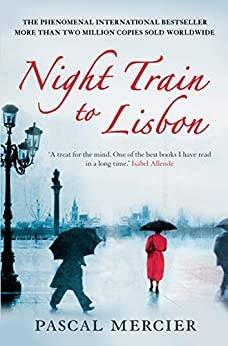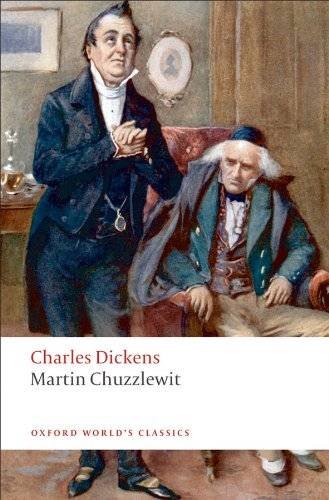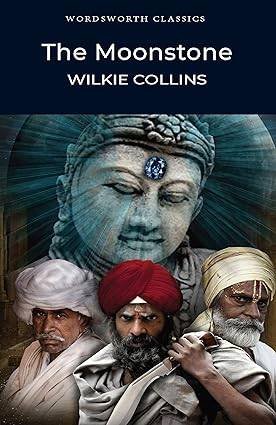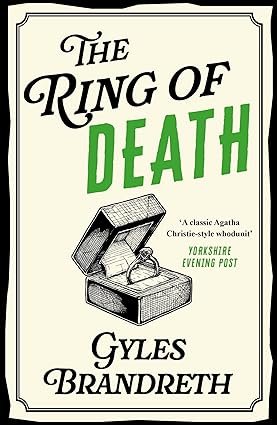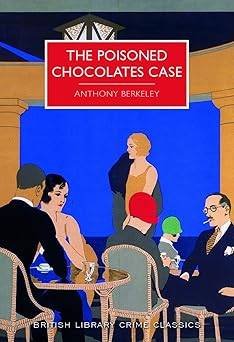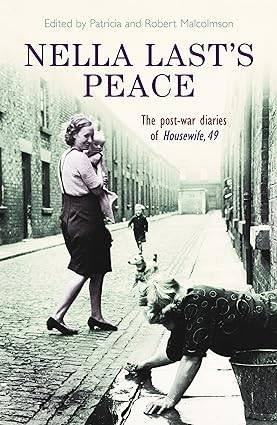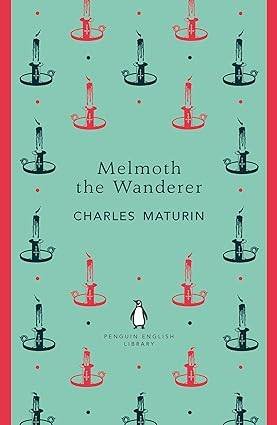Home » Book Reviews » Pascal Mercier » Night Train to Lisbon by Pascal Mercier
Possible spoilers ahead
This book was lent to me by a friend who gushed at how wonderful it was to read, which sounded like a great recommendation, and I can’t wait to begin it! Grab your copy and let’s read it together!
Gregorius, who is a dedicated, mild-mannered, lonely, and very private teacher in Switzerland, sees a woman about to jump off a bridge, and this makes him question the ordinary routine of his life and to wish for a dramatic change. He decides to learn a language and goes to a Portuguese bookshop to find a textbook to learn Portuguese, but when there he picks up an old book of thoughts and life lessons written by a Portuguese man called Amadeu de Prado in 1975. He immediately abandons his life in Switzerland and takes the night train to Lisbon in Portugal to find out more about this author. He speaks to strangers there and makes friends and follows a laborious trail towards Prado, learning he was a doctor of extreme intelligence with a crippled father and an obsessive sister, and that he saved the life of one of Salazar’s (the Portuguese dictator) henchman and was then ostracised by the community for this act, so then secretly joined the Resistance. Phew, well, the book certainly went into a different direction to where I had presumed it would go and quite surprised me with some of the themes in it, which just goes to show it’s always good to give books a try! It’s an interesting and intriguing book, and feels quite an unusual one too and one that it was important to read. It’s a fairly slowly revealing book, but it certainly kept my interest.
But the ending seemed a bit odd and really quite frustrated me! Having been accepted by all the people in Lisbon who he had sought out for information and them caring for him and depending on him and wanting him to stay and him having had a positive influence on their lives, Gregorius’ health fails and he returns to Switzerland to be admitted into hospital, and then the book ends, there is no more information on what happened to him and if he survived the illness or not! I kind of felt a bit cheated by that, as I felt so involved in his life having followed him through his journey of self-discovery and been cheering him on and also feeling that I’d been learning along with him so we were kind of in it together (!), and I guess I kind of felt that I therefore deserved to stay with him and see what happened to him after he was admitted to hospital! Or maybe I’ve just got too involved with this character, tee hee, in which case then all credit to the author for creating such a wonderful character who I didn’t want to let go of! And I wasn’t quite sure what illness he was actually suffering from, it seemed almost like a similar brain tumour to Prado but that seems a bit of a coincidence to have two brain tumours in one story!
One of the main themes I enjoyed was the love of books and the influence that books can have on lives, and I loved that Gregorius had been so inspired by a book that he changed his life because of it! The love and value and power of literature really shines through, and is perfectly summed up by the quote, ‘There were the people who read and there were the others. Whether you were a reader or a non-reader, it was soon apparent. There was no greater distinction between people’. I perfectly feel that too, and I tend to make assumptions about people (though perhaps I shouldn’t!) based on what books they like and what I think this tells me about their character, and particularly so if we have strongly different views on certain books.
I felt that the book was a mix of the two characters really, Gregorius and Prado, and we gradually learned more about both of them as their characters were slowly revealed. Prado seemed a particularly complex and contrasting person who intrigued me, being highly intelligent and advanced but also prone to low mood, and extremely focused and determined and single-minded and driven but often someone who was alone, and having to cope with the extra difficulties in his life of a father who committed suicide and a sister who seemed to be dangerously obsessed with him. I enjoyed following the trail that Gregorius went on, with the clues he learnt and the people he met, as well as his own personal journey of self-discovery.
The dictatorship in Portugal fascinated me and prompted me to learn more about this (I say this with shame, but I didn’t even realise that Portugal had had a dictator!), though details of incidents that happened during that time were often disturbing and difficult to read.
I’d definitely be interested in reading more of this author’s books, and I see he has written Lea which sounds very intriguing, as does Perlmann’s Silence, I think this is an author who excels at writing gripping books and I look forward to reading more!
